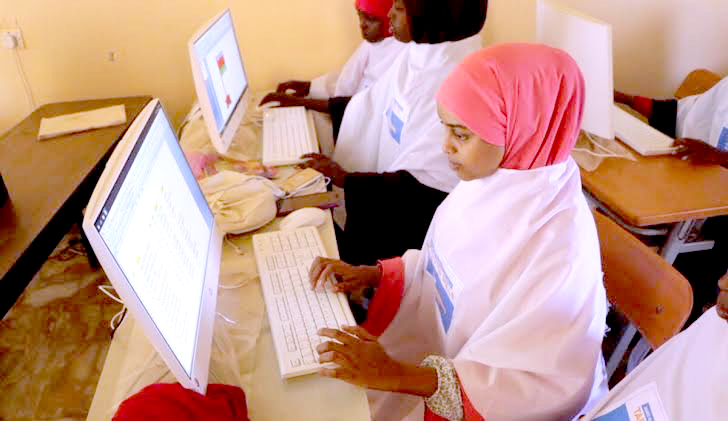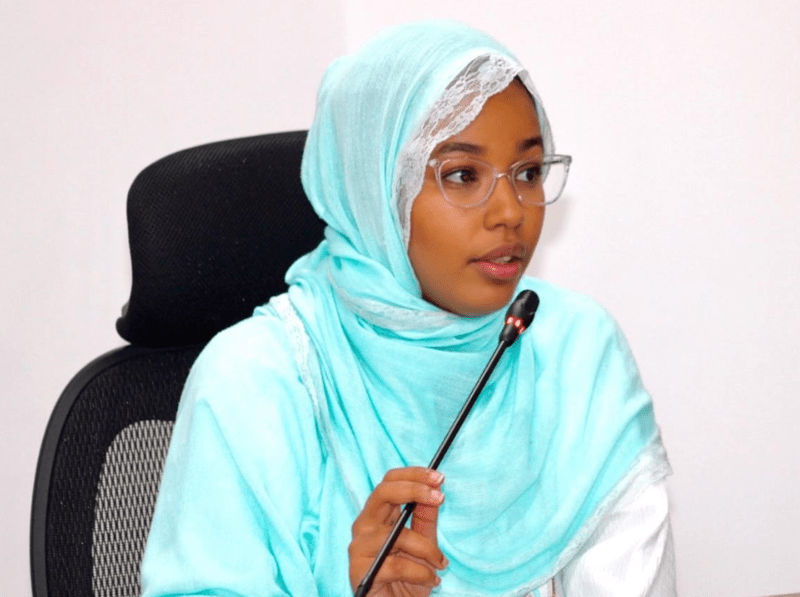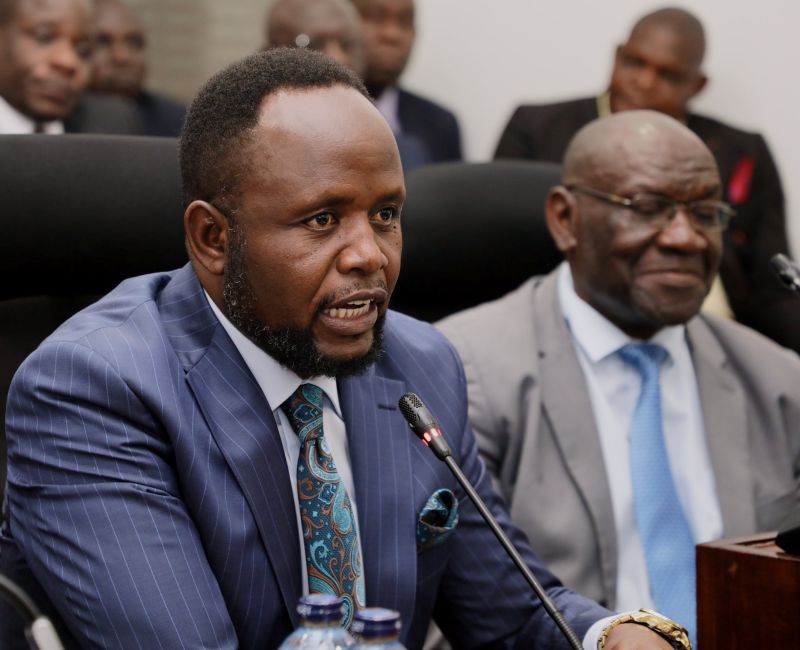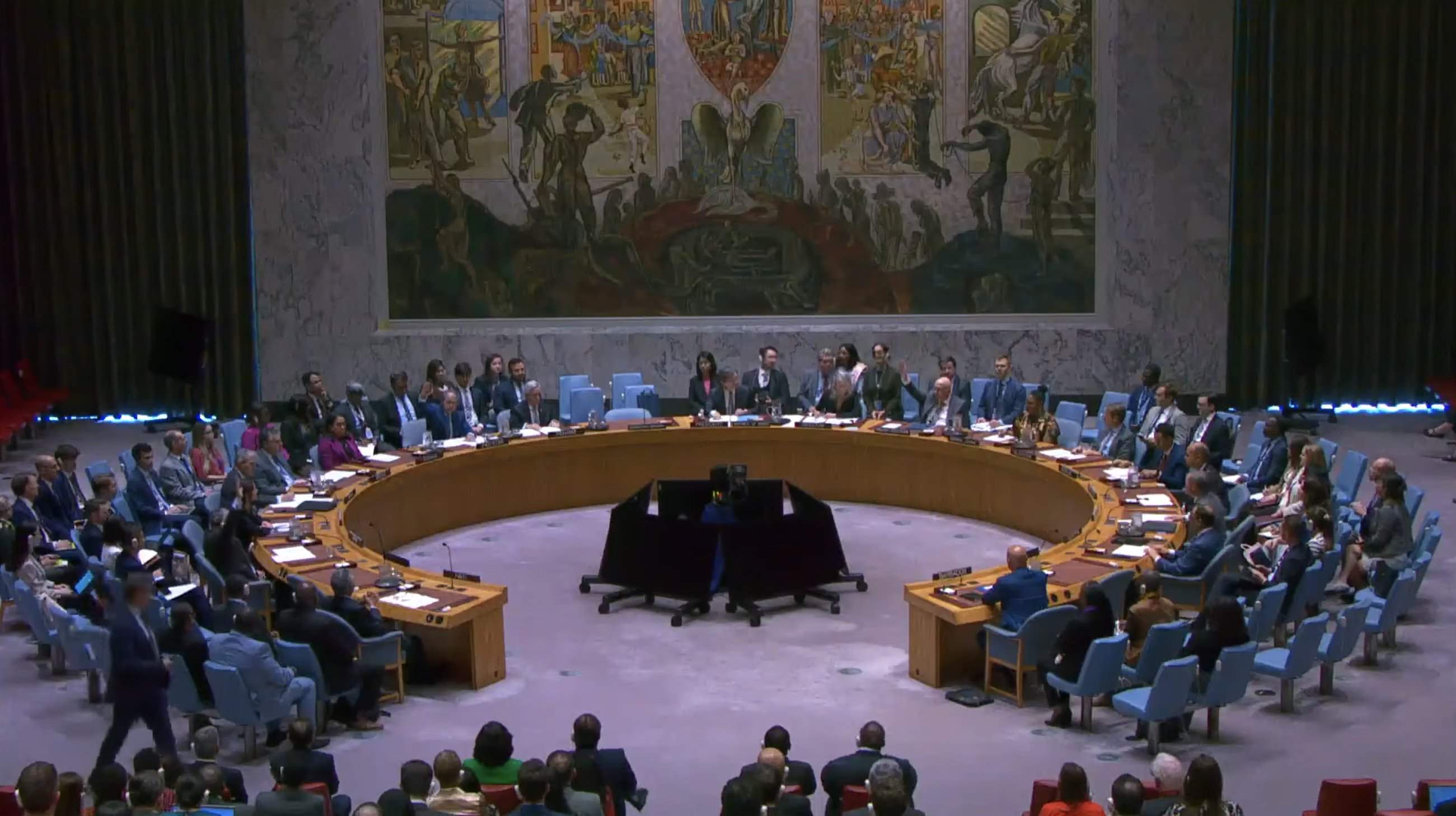Somali parents champion daughters' pursuit of higher education, breaking tradition

Community leaders and organisations are increasingly advocating for women's education, and understanding its long-term benefits for community development and economic empowerment.
A quiet revolution is unfolding in the Somali community as traditional expectations, once steering young women from high school straight into marriage, are being replaced by a burgeoning support for higher education and professional careers.
This transformation is reflected in the lives of Somali parents and their daughters, who are now charting new paths filled with promise and opportunity.
The traditional Somali culture places a strong emphasis on family and community roles, often expecting women to prioritise marriage and household responsibilities. This can sometimes conflict with the pursuit of higher education, which requires significant time and commitment.
By supporting their daughters' ambitions, these parents are rewriting the story of what it means to be a Somali woman in the modern world. Through education, these young women are becoming role models, leaders, and ambassadors for their faith and culture, demonstrating that they can achieve great things with determination and support.
Habiba Ibrahim, a mother from Nairobi, can barely contain her pride when talking about her daughter's achievements. "When my daughter went to university, I was filled with joy and pride. She graduated with a bachelor's in international relations, and it was such a proud moment for our family. I found myself telling everyone about her success."
Adan Abdi shares a similar sentiment about his daughter Fatma. His daughter’s journey into the legal profession has been a source of immense pride.
"When my daughter became a lawyer, it felt like the world opened up for her. Her education has given her the confidence to navigate life on her terms. I believe she'll never feel pressured into anything, including marriage, unless it’s right for her," says Adan.
 Girls undergo training in Somalia in this undated file picture. (Photo: Somalinet)
Girls undergo training in Somalia in this undated file picture. (Photo: Somalinet)
Chasing dreams
Fatuma Mohammed, from South B, says the joy was palpable when her daughter expressed the desire to become a doctor.
"We were thrilled beyond words. Our daughter is the first graduate in our family, and her success as a doctor has elevated our entire family’s standing in the community. Watching her grow into such a capable and compassionate young woman brings us immense happiness,” Fatuma says.
She adds that her daughter's choice to study further was initially frowned upon, but giving in to societal pressure was never the norm in their family.
“I can’t say it was a bed of roses, but we all managed to let our daughters grow and find their dreams. I think it is safe to say that when my daughter graduated as a doctor, those who were initially opposing felt the impact as well,” she adds.
Education is increasingly viewed as a tool for empowerment and self-reliance for young women who are no longer constrained by traditional gender roles and are forging their paths armed with knowledge and ambition.
Public leaders like Nominated Member of Parliament Umulkher Harun also support this cultural evolution.
"My father, an educationist for 17 years, always believed that education was the key to opening many doors. But my mother, who never had the chance to go to school inspired me the most. She would always say, 'My children will enter rooms I have not entered.' Her words drove us to work hard and dream big," she says.
Umulkher’s message to young Muslim girls is empowering and deeply rooted in her faith.
"Invest in yourself and don't shy away from opportunities," she advises. "Be ambitious but stay true to your Islamic values. Have a strong sense of self and use your soft power wisely. In today's world, education is a given, but what sets you apart is how much you invest in yourself. Take leadership courses, pursue training, apply for jobs, and enter spaces they think you can't enter.”
Yet, she emphasises the importance of maintaining religious and cultural integrity.
"We must remember we are ambassadors of Islam," Umulkher continues. "If we carry ourselves with decorum, we set a good example. But if we stray from our values, we not only let ourselves down but also cast doubt on our faith and culture."
 Nominated Member of Parliament Umulkher Harun at a past event. (Photo: X)
Nominated Member of Parliament Umulkher Harun at a past event. (Photo: X)
Professionalism
She also highlights the importance of diligence and excellence in professional roles.
"Do your work diligently to inspire others," she urges. "I strive to excel in my position to show young girls that success does not compromise our family or faith. Women in leadership, especially Muslim women, must understand that we hold the keys for more young women to enter these spaces. If we set a bad example, we create a negative narrative. The responsibility is ours."
This cultural shift is about individual success stories and creating a legacy of education and empowerment.
It is about parents like Habiba Ibrahim, Adan Abdi, and Fatuma Mohammed, who see the value in investing in their daughters' futures and are willing to challenge traditional norms to support their dreams.
Community leaders and organisations are increasingly advocating for women's education, and understanding its long-term benefits for community development and economic empowerment.
The impact of this shift is profound and far-reaching. It signals a new era where education and empowerment go hand in hand, where young women are encouraged to dream big and work hard to achieve their goals.
This change is not just about breaking tradition; it's about building a future where Somali women are equal partners in the development and progress of their communities and nation.
Top Stories Today
















































